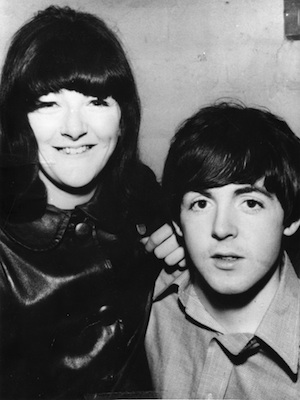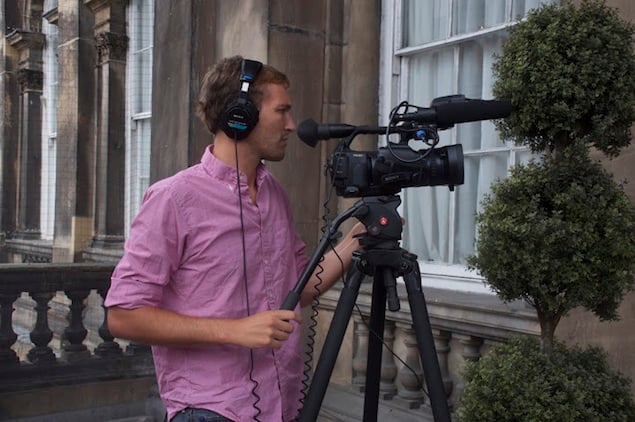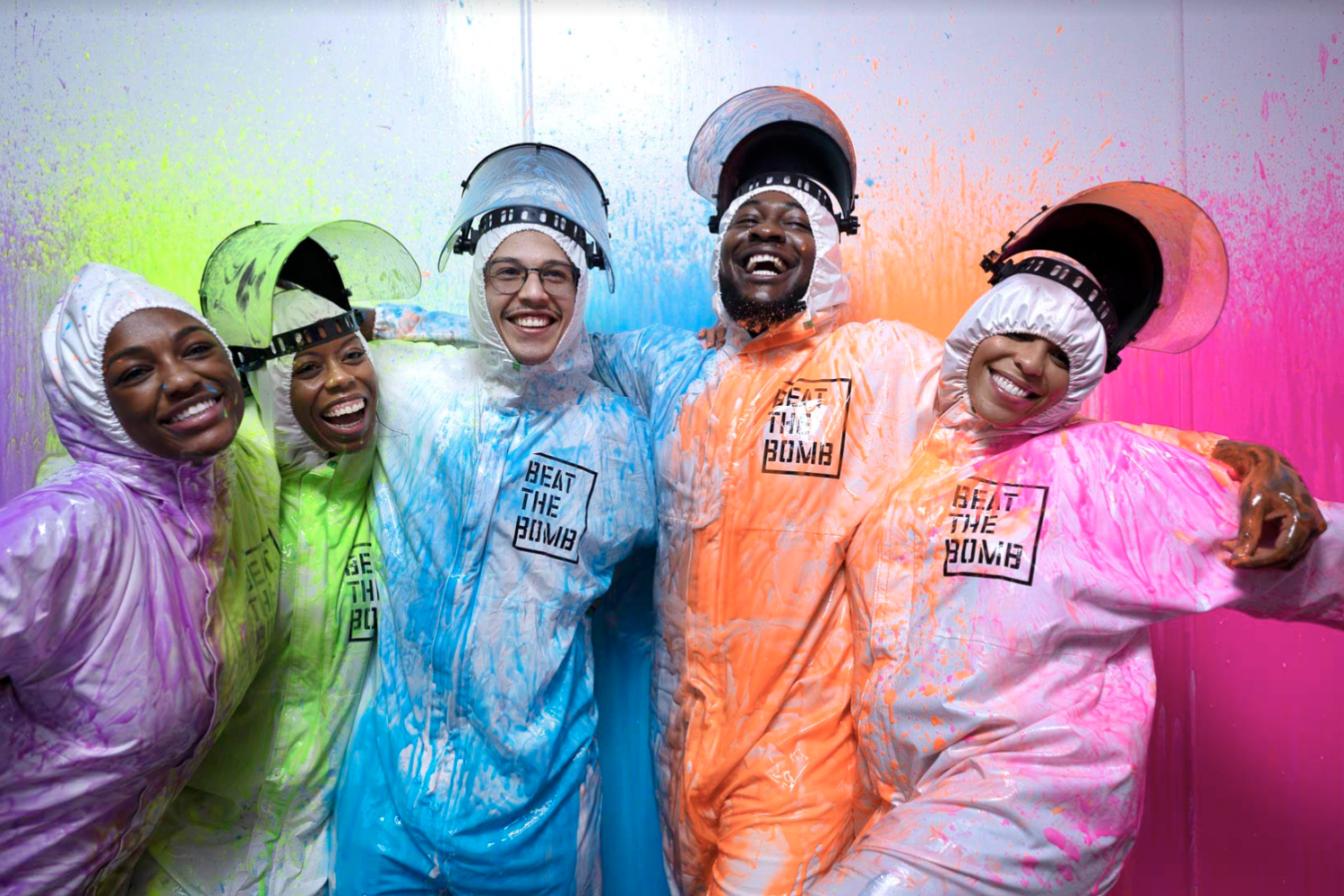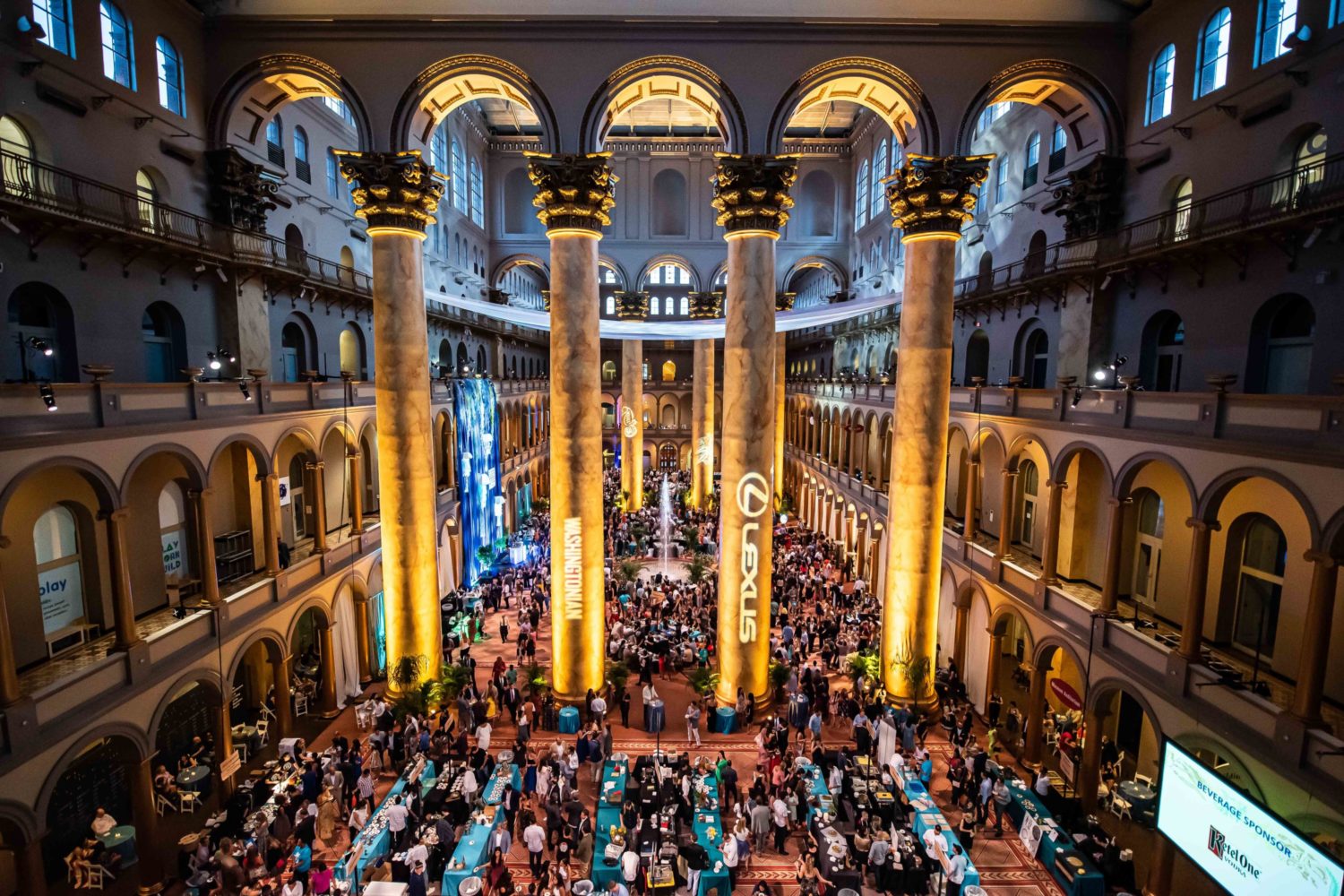
When
Freda Kelly approached filmmaker
Ryan White about doing a project together, White was initially skeptical—although he knew Kelly
from childhood, he was unaware she’d worked as secretary for the Beatles from the
age of 17, and had spent the past 40 years declining offers to sell her stories about
the band. “In the film you can see how extremely private she is, and so although I’d
known her since I was a kid, it just never came up,” he says. White, one of the directors
of the soccer documentary
Pelada, initially thought the movie would be a small project for friends and family, until
he started filming Kelly’s stories and hearing her extraordinary accounts of growing
up with the Beatles during their meteoric rise to fame.
The result is
Good Ol’ Freda, a film that documents Kelly’s memories as well as her profound loyalty to the band
after several decades. Kelly still works as a secretary in Liverpool, and has resolutely
refused to cash in on her connection with the group, instead choosing to share her
stories via the movie, which the
New Yorker praised for its “remarkable perspective” on the early days of the Beatles. White,
a former Washingtonian who learned his trade working in DC for Emmy Award-winning
documentary maker
Sherry Jones, is currently at work on an HBO documentary about the legal challenge to Proposition
8, to be screened next year.
Good Ol’ Freda opens today at West End Cinema.
How did you first meet Freda?
My uncle, Billy Kinsley, lives in Liverpool, and I grew up going back and forth to
there my whole life, so I knew my aunt and uncle’s group of friends, and Freda was
one of those people. She reached this point finally where she wanted to go on the
record after 40 years of holding out, and approached me three years ago through my
aunt, Kathy, who lives in Baltimore. But in the beginning I was kind of suspicious
about it, and I always joke that I thought I was doing Freda a favor initially. I
thought I was making a little DVD that she could give to her family and that we’d
maybe sell at Beatles festivals. But once I realized how good of a storyteller she
was, and how good her story was in general, it all snowballed from there.
You must be constantly looking for ideas as a documentary maker, and yet this one
seems to have fallen in your lap.
It definitely did. I always say I’m lucky to be the only documentary maker in the
family because Freda had no one else to turn to. Angie McCartney, Paul McCartney’s
stepmom, is in the film, and she says that this is the last true story of the Beatles
that you’ll ever hear. So I feel extremely lucky. The first line in the film is Freda
saying, “I was just a secretary then, and I’m still a secretary now. Who would want
to hear a secretary’s story?” And I guess I drank her Kool-Aid a little bit, and it
wasn’t until we got really close to a festival premiere that I realized how great
of a story it really was.
How much of the film is about the Beatles and how much is about Freda?
It’s definitely balanced between the two, and that’s what I set out to do, and it
took a lot of convincing on her part because she is extremely private and didn’t really
understand why I was interested in her life before and after the Beatles. She has
really good elements to her story that anyone can relate to—she had a father who hated
the Beatles and refused to let her take the job. It’s like
Almost Famous in a way—the Cinderella story of a girl given the job of a lifetime. But I did want
to balance that out because I knew it wasn’t going to be a scandalous Beatles tale,
and she wasn’t going to be dishing the dirt on drugs and sex. I thought it was important
since neither of us wanted to do that that we explain why, and delve into her character
and why she’s so loyal to them. She’s had so many offers to sell her story and make
millions, and she could have sold her memorabilia, and she didn’t. So I thought it
was important the film be a character portrait in that way and explore why someone
stays loyal to someone for 40 years.
Why did she stay so loyal? Was she always treated well by the Beatles?
Of course. Freda’s very tough, too—she has this distinctive personality where she
can be very sweet and charming, and that helps her get what she needs, but she can
also be very tough, too, so I think that’s why she lasted so long. She was one of
their longest-serving employees. I don’t think many 17-year-old girls could have held
their own the way she did, but she was treated pretty well even though
Brian Epstein was a fairly ruthless boss. With the Beatles, she was more like a friend or a sister
to them. There’s a funny story in the film about how John Lennon fired her when he
lost his temper one time and she got him to get down on his hands and knees in his
dressing room at the Empire Theatre and beg her to come back.
What surprised you most when you were making the movie?
One thing that really struck me was that there was no predecessor to Beatlemania—no
model before it—so Freda and Brian Epstein were thrown into this chaos that no one
knew was coming and no one knew how to deal with. In many ways they had to create
the model for how you deal with mania and how you run a fan club and reach fans in
a pre-internet era. And I don’t know if it’s surprising, but my favorite part of the
film looks at the things Freda had to do to keep fans happy and informed. She would
follow the Beatles to the barber and sweep up strands of hair and send them to fans,
and girls would send in pieces of gum and she’d have the Beatles chew it and spit
it out so she could send it back to them. She was constantly cutting up their clothes
and sending pieces out. It’s an amazing snapshot into an era that doesn’t exist anymore
and probably never will again, because the Beatles were completely participatory in
it—I can’t imagine One Direction doing that now, or a secretary for Justin Bieber
sending out pieces of his hair.
What were the most challenging things you encountered while filming?
It’s always a challenge working with Beatles products, musically, and I was told it
would be impossible to get music from the very beginning. So that was a huge challenge
to be able to score Beatles music in the film, and we were very lucky, and it’s a
huge testament to Freda. There are so many people involved in the approval of Beatles
music and that’s why filmmakers never pull it off, but that fact that all these people
said yes is a huge credit to her and how people see her. But also, one of the biggest
challenges was Freda. She’s a woman who chose to live a life of anonymity, and 40
years later, just because she’s ready to tell stories for her family doesn’t mean
she’s ready to be in a film that a lot of people will see. So the biggest challenge
was having a back-and-forth until both of us were comfortable with how the film would
be premiered and distributed. Luckily, she was thrilled with it in the end, and I
don’t think she has any regrets, but she was nervous, understandably.
Has she had lots of interest in her since the film has been playing?
It’s mostly been screened in the US so far, so that’s a lot safer for her because
it’s not on her home ground. But yes, we’re getting snowed under with e-mails right
now from people wanting to talk to her or say thank you, or people who met her in
the ’60s. And at festivals she’s like a celebrity once the film starts playing and
people start recognizing her. She gets mobbed, but she’s enjoying it—she described
it the other day as a second youth. I think she’s pleasantly surprised with what it’s
like to re-engage with Beatles fans and talk to these people whose lives she affected
in many ways.
Good Ol’ Freda
is at West End Cinema through September 26.

















